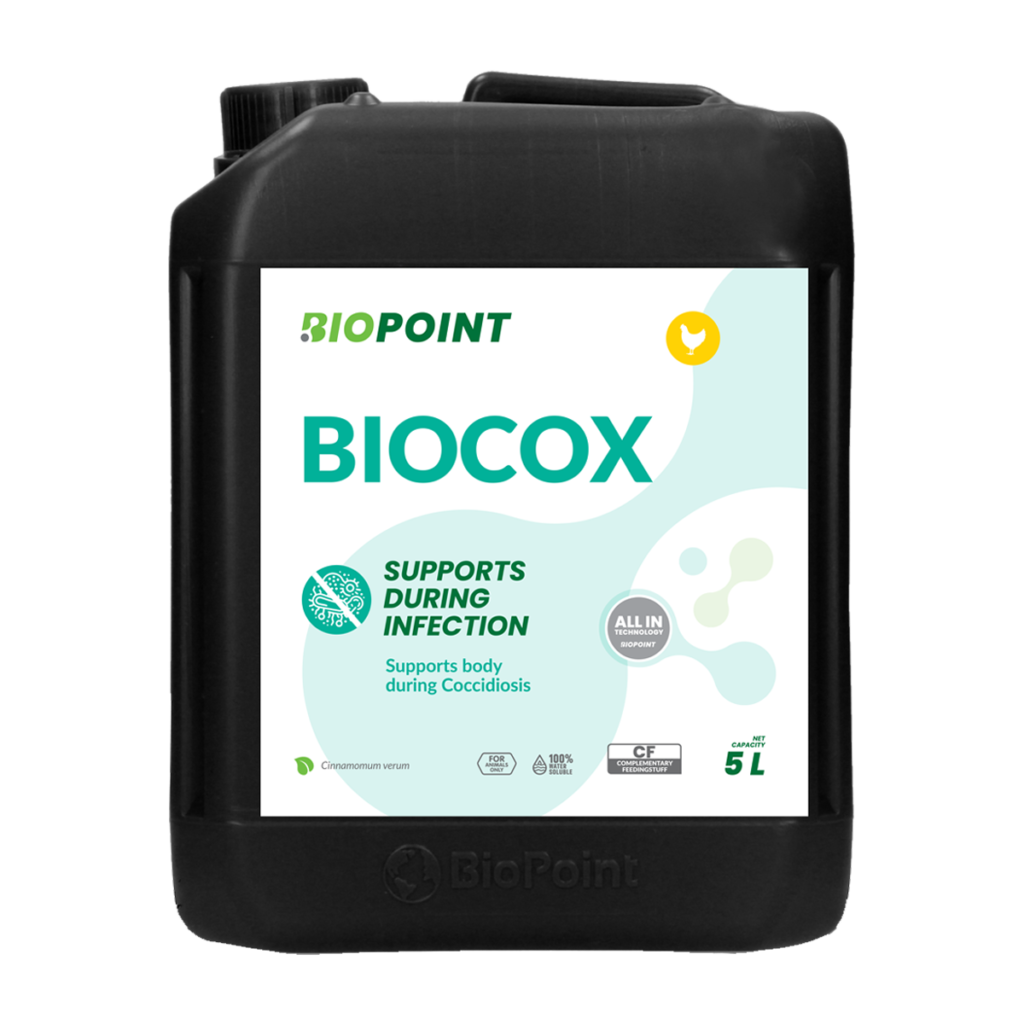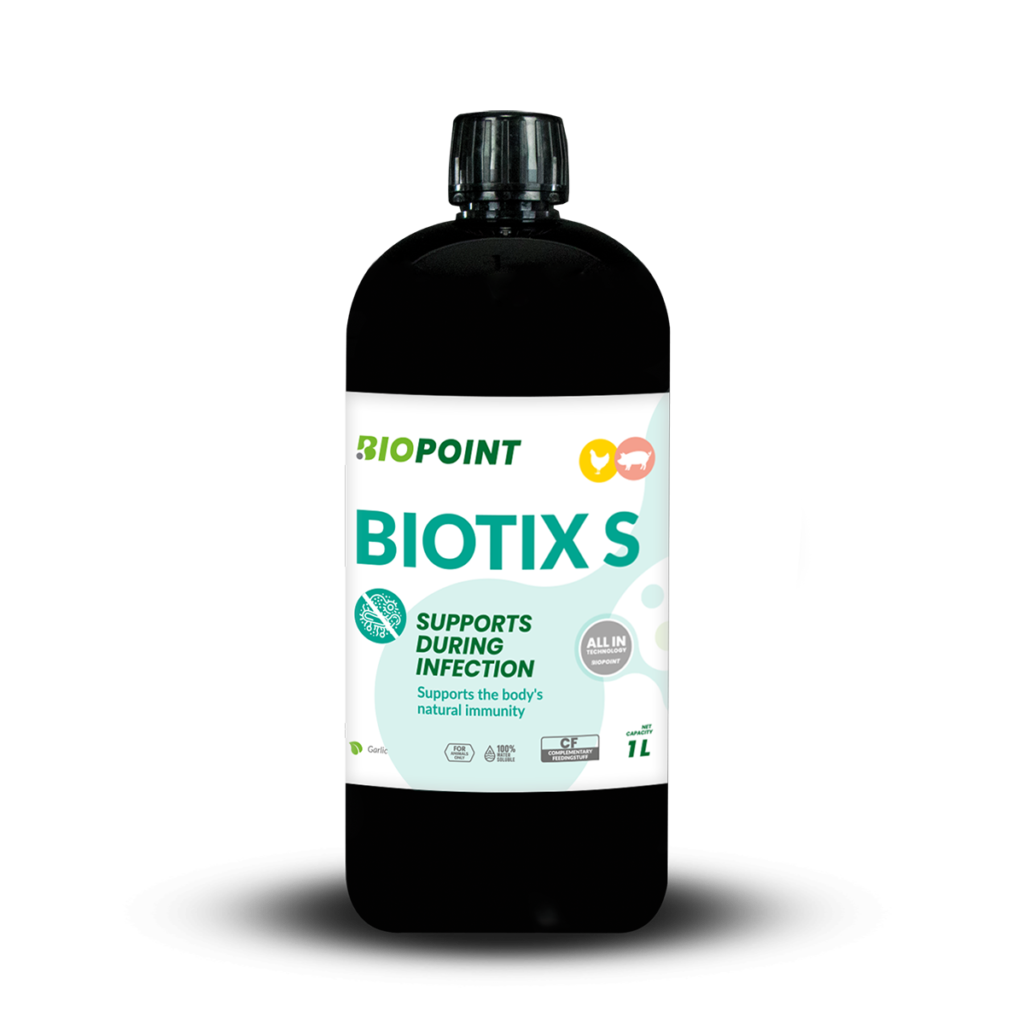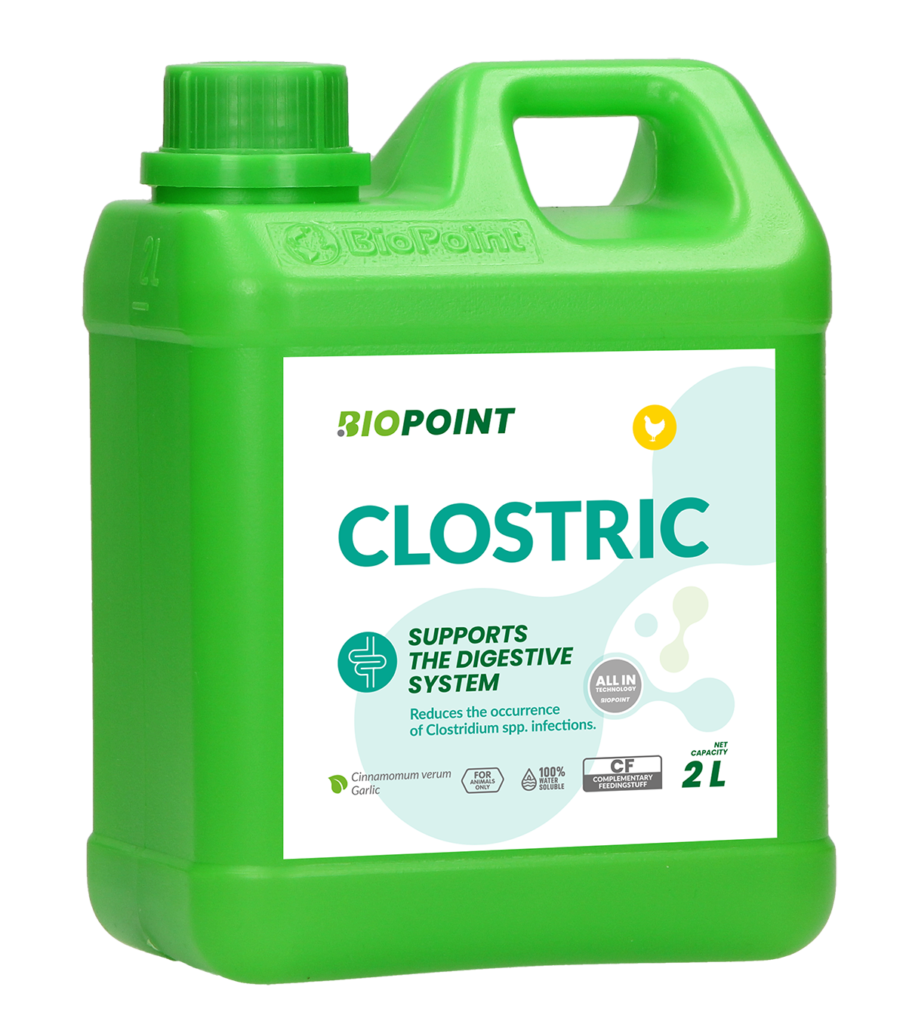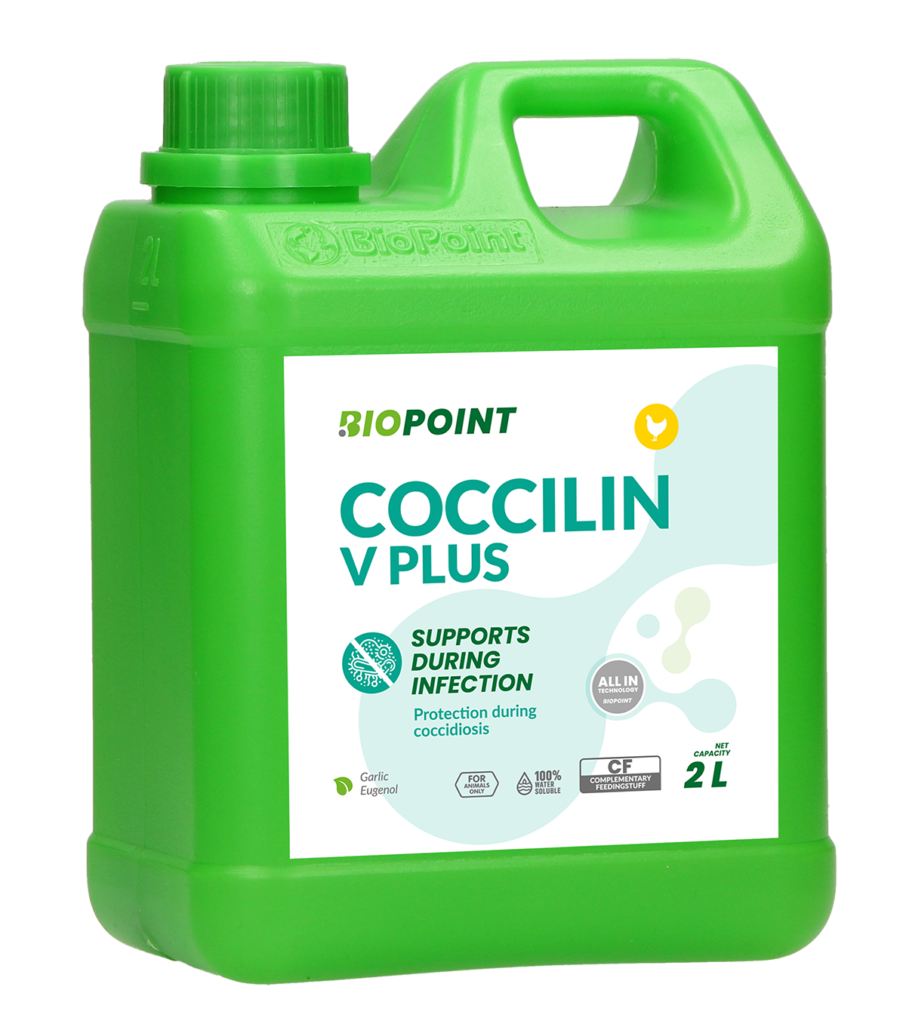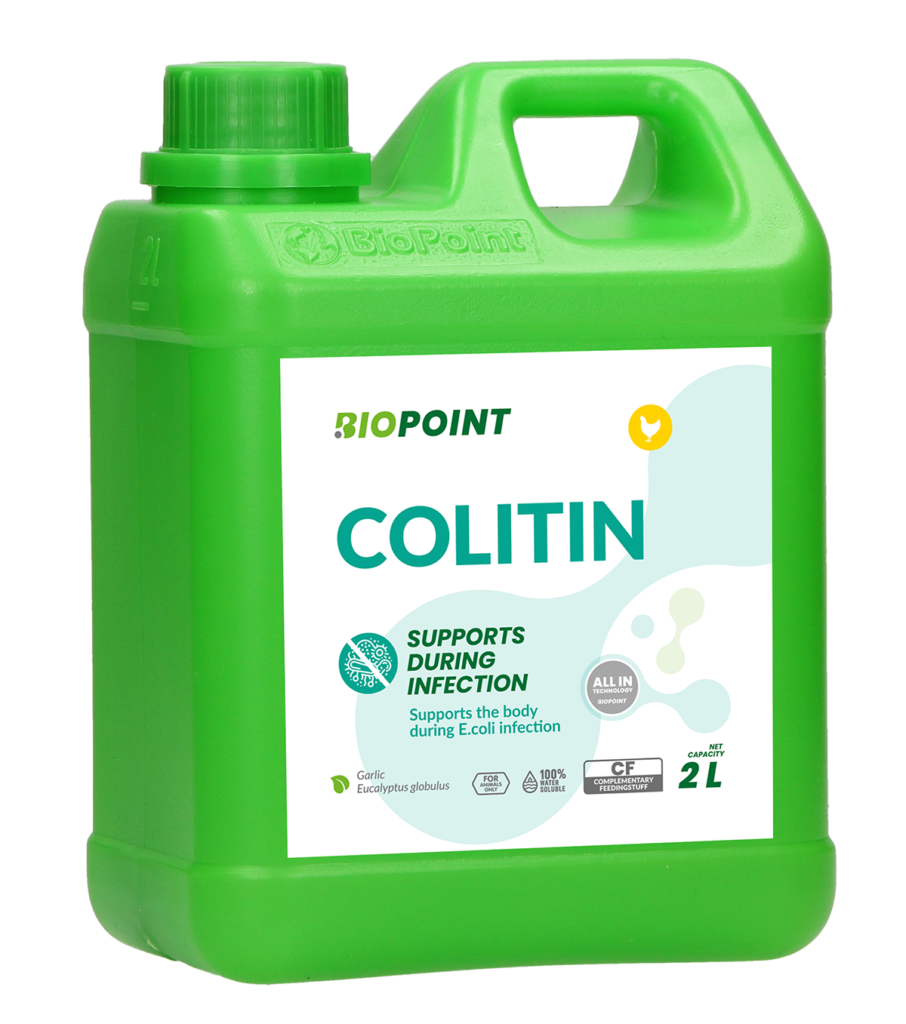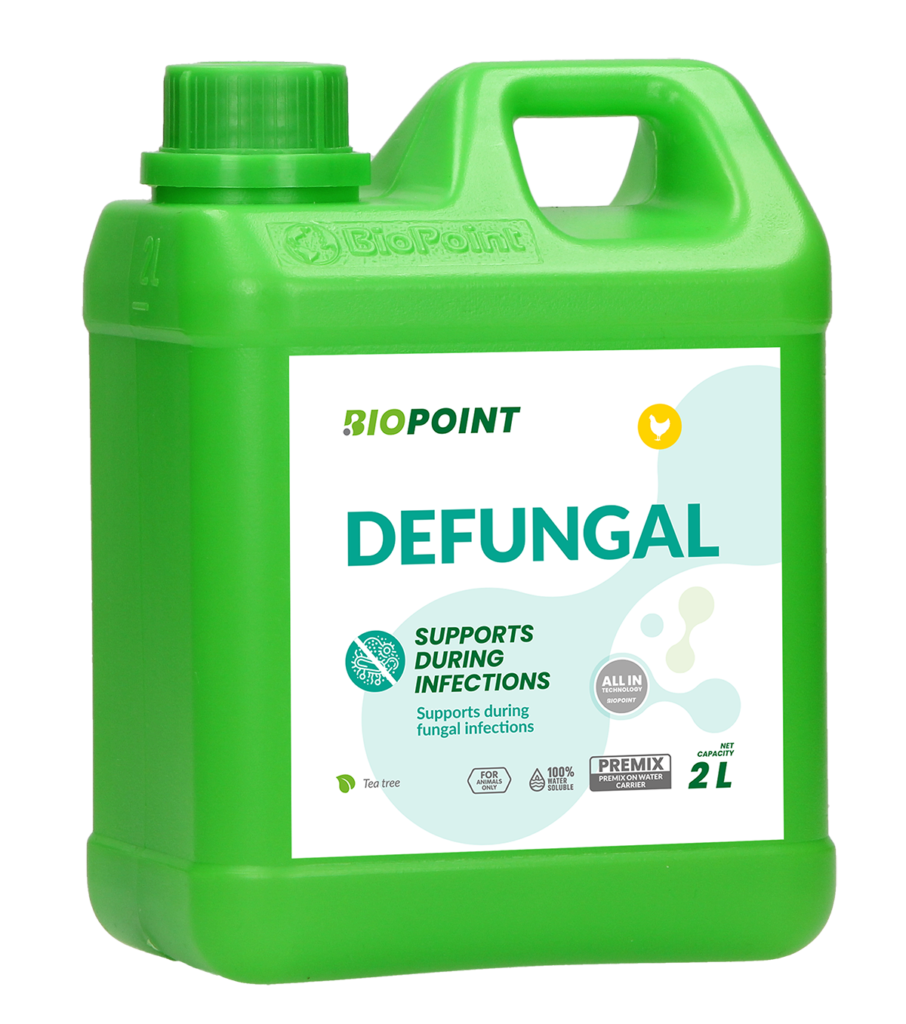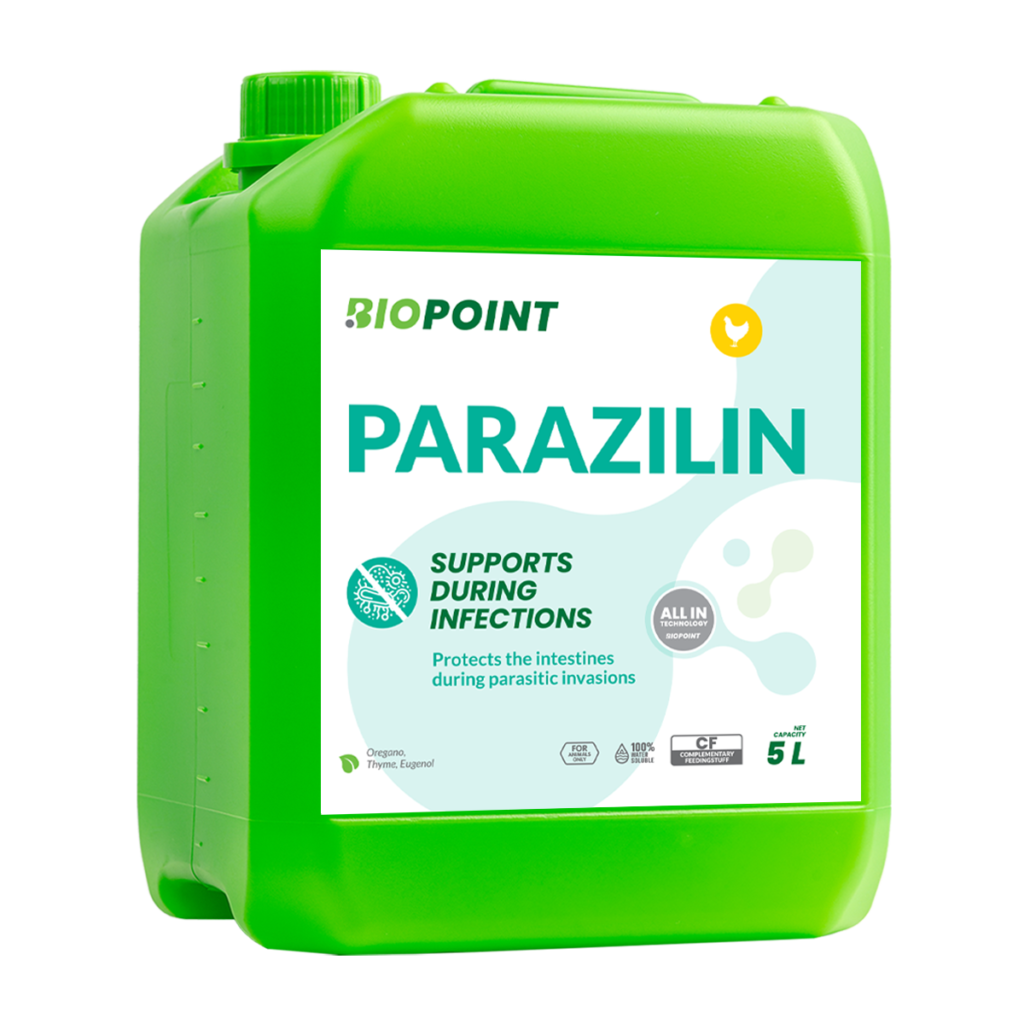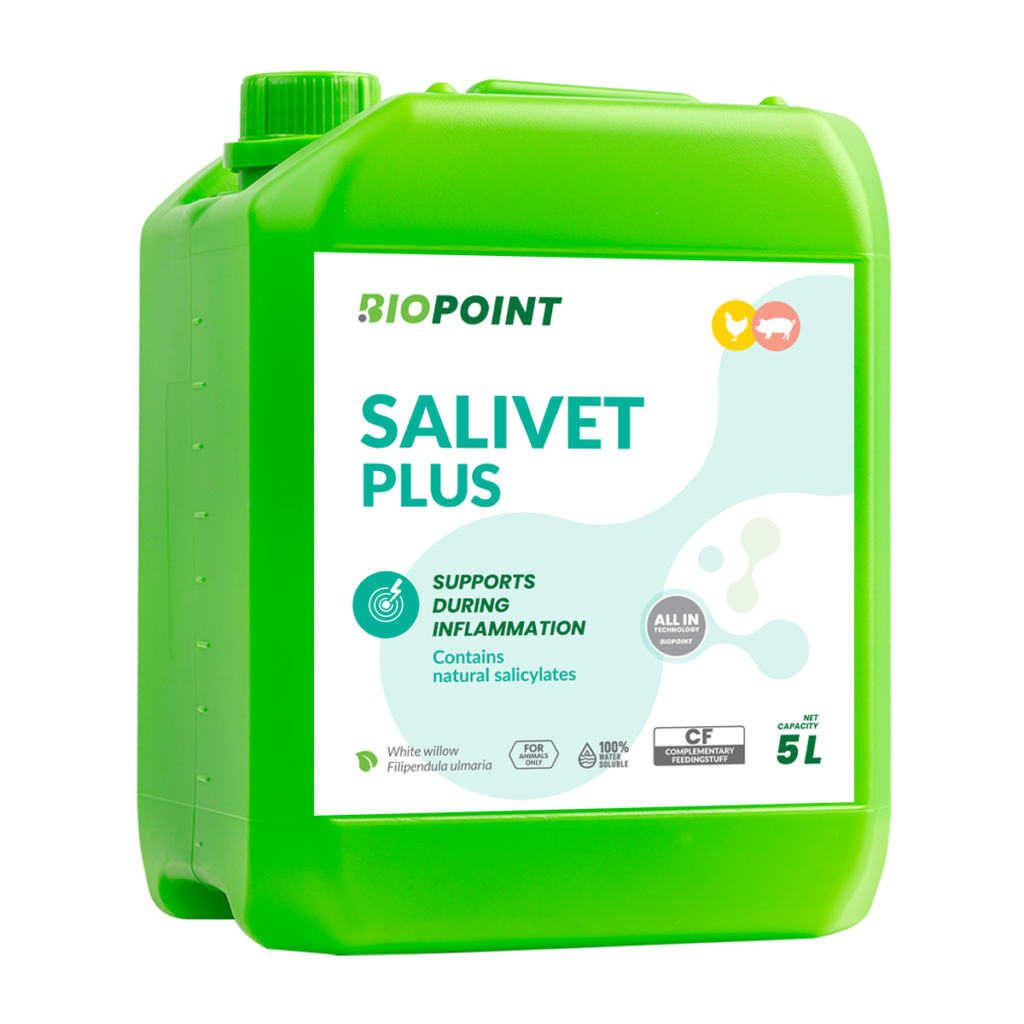
Common poultry diseases – During periods of infection
Ask about : Common poultry diseases
BioPoint - Common poultry diseases
Poultry farming is a crucial industry, providing essential protein to the global population. However, like all livestock, poultry are susceptible to various diseases that can significantly impact their health and productivity. Understanding these diseases, their symptoms, and methods of prevention is vital for maintaining a healthy flock.
Overview of Common Poultry Diseases
Poultry diseases are diverse, ranging from bacterial and viral infections to parasitic infestations. These diseases can affect different parts of the bird, including the respiratory system, digestive tract, and overall body condition. Some diseases are highly contagious and can lead to severe outbreaks, while others may cause chronic health issues that reduce productivity and quality of life. Farmers must be well-informed about these diseases to implement effective prevention and management strategies.
Introduction to Disease Prevalence During Infections
During periods of infection, the prevalence of diseases in poultry can spike, leading to significant losses. Factors such as poor sanitation, overcrowding, and inadequate nutrition can exacerbate the spread of diseases. Understanding the conditions that favor disease outbreaks is essential for implementing timely and effective interventions. Monitoring the flock for signs of illness and maintaining a clean environment are critical steps in controlling disease prevalence.
Importance of Early Detection and Management
Early detection and management of poultry diseases are crucial for minimizing their impact. Symptoms of diseases often overlap, making diagnosis challenging without professional assistance. However, observing changes in behavior, appetite, and physical appearance can provide early clues. Quick intervention with appropriate treatments and management practices can prevent the spread of diseases and reduce mortality rates. Regular health checks and laboratory tests are essential tools for early detection.
Bacterial Infections in Poultry
Bacterial infections are common in poultry and can cause severe health issues if not promptly addressed. These infections often spread through contaminated feed, water, or direct contact with infected birds. Maintaining good hygiene and biosecurity measures can significantly reduce the risk of bacterial diseases.
Colibacillosis: Symptoms and Preventive Measures
Colibacillosis, caused by Escherichia coli, is a widespread bacterial infection in poultry. It manifests in various forms, including respiratory disease, septicemia, and enteritis. Symptoms include lethargy, ruffled feathers, labored breathing, and diarrhea. Preventive measures focus on maintaining clean living conditions, providing high-quality feed and water, and minimizing stress. In cases of outbreaks, antibiotic treatment, as guided by veterinary advice, can be effective. Regular monitoring and early intervention are key to controlling colibacillosis.
Mycoplasmosis and Its Impact on Respiratory Health
Mycoplasmosis is another significant bacterial infection, primarily affecting the respiratory system of poultry. Caused by Mycoplasma gallisepticum, it leads to chronic respiratory disease, characterized by coughing, sneezing, nasal discharge, and reduced feed intake. The disease spreads through direct contact and contaminated equipment. Effective management includes strict biosecurity measures, regular health monitoring, and vaccination where available. Antibiotics may alleviate symptoms, but prevention through good farm practices remains the best approach.
Viral Threats to Poultry Health
Viruses pose significant threats to poultry health, often leading to high mortality rates and severe economic losses. Viral infections can spread rapidly within and between flocks, necessitating stringent biosecurity measures and vaccination programs. Understanding the symptoms and transmission pathways of common viral diseases is essential for effective prevention and control.
Avian Influenza: Signs and Biosecurity Tips
Avian Influenza (AI) is a highly contagious viral disease that affects both domestic and wild birds. It can present in two forms: Low Pathogenic Avian Influenza (LPAI) and Highly Pathogenic Avian Influenza (HPAI). LPAI often causes mild symptoms, while HPAI can lead to sudden death and high mortality rates. Symptoms of AI include respiratory distress, swollen combs and wattles, diarrhea, and reduced egg production. Biosecurity measures are crucial in preventing AI. These include isolating new birds, avoiding contact with wild birds, maintaining clean equipment, and monitoring for symptoms. There is no effective treatment for AI, making prevention through biosecurity and vaccination the best defense.
Newcastle Disease: Vaccination and Control Strategies
Newcastle Disease (ND) is another severe viral infection that affects many species of birds, causing respiratory, nervous, and digestive symptoms. It can lead to high mortality, especially in young and unvaccinated birds. Symptoms include coughing, sneezing, nasal discharge, greenish diarrhea, and neurological signs such as tremors and paralysis. Vaccination is the primary method of controlling ND. Administering vaccines like LaSota or B1 strains can significantly reduce the incidence and severity of outbreaks. Alongside vaccination, strict biosecurity practices, including disinfecting equipment and controlling the movement of birds and people, are essential to prevent the spread of ND.
Parasitic Infections and Their Control
Parasitic infections, both internal and external, are common in poultry and can severely impact health and productivity. These infections often result from poor sanitation and high stocking densities. Effective control of parasites involves regular monitoring, maintaining clean living conditions, and appropriate use of treatments.
Internal Parasites: Diagnosis and Treatment Options
Internal parasites, such as roundworms, tapeworms, and coccidia, can cause significant health issues in poultry. Infected birds may show signs of weight loss, poor growth, diarrhea, and reduced egg production. Diagnosis is typically made through fecal examinations. Treatment options include the use of anthelmintics for worms and coccidiostats for coccidiosis. Regular deworming schedules and ensuring clean, dry bedding can help reduce the risk of internal parasitic infections.
External Parasites: Effective Management Practices
External parasites, including mites, lice, and ticks, can cause irritation, anemia, and reduced productivity in poultry. Infestations are often visible on the skin and feathers of affected birds. Effective management practices include regular inspections, using insecticides approved for poultry, and maintaining clean housing conditions. Ensuring that birds have dust baths can also help control mite and lice populations. Regularly treating the coop and surrounding areas with appropriate insecticides can prevent reinfestation and keep the flock healthy.
Nutritional Management During Disease Outbreaks
During disease outbreaks, providing optimal nutrition is crucial for maintaining the health and recovery of poultry. Proper nutrition can enhance the immune response, helping birds to better resist infections and recover more quickly. Balanced diets that meet the specific needs of poultry during stressful periods are essential for minimizing the impact of diseases.
Role of Nutrition in Disease Resistance
Nutrition plays a pivotal role in bolstering the immune system of poultry. Adequate levels of vitamins, minerals, and proteins are essential for the production of antibodies and other immune cells. For instance, vitamins A, D, E, and C, along with minerals like zinc and selenium, are known to enhance immune function. Providing a well-balanced diet that includes these nutrients can significantly improve the birds' ability to resist infections. During disease outbreaks, supplementing feed with additional vitamins and minerals can be particularly beneficial. Ensuring that birds have constant access to clean water is also critical, as dehydration can exacerbate the effects of illness.
Biopoint Products That Support Health During Infections
Biopoint offers a range of products designed to support poultry health during periods of infection. These products include specially formulated feed additives that enhance the immune response and improve overall health. For example, Biopoint's vitamin and mineral supplements can be added to the feed to ensure that birds receive the necessary nutrients for optimal immune function. Probiotics and prebiotics are also available to support gut health, which is essential for maintaining a strong immune system. Additionally, Biopoint provides products that help reduce the impact of stress, such as natural antioxidants and herbal extracts, which can further support the birds during challenging times.
Preventive Measures and Biosecurity
Preventive measures and biosecurity are the first lines of defense against poultry diseases. Implementing strict biosecurity protocols can prevent the introduction and spread of infectious agents within and between flocks. These measures are essential for maintaining a healthy poultry operation and minimizing the risk of disease outbreaks.
Importance of Biosecurity in Preventing Disease
Biosecurity involves a set of practices designed to protect poultry from infectious diseases. These practices include controlling access to the farm, ensuring proper sanitation, and monitoring the health of the flock regularly. Limiting the movement of birds, people, and equipment between different areas of the farm can prevent the spread of pathogens. Implementing quarantine measures for new or returning birds is also crucial to avoid introducing diseases to the existing flock. Regularly disinfecting equipment, vehicles, and footwear, and maintaining clean and dry living conditions for the birds, are essential components of effective biosecurity.
Integrative Approaches to Disease Management with Biopoint Products
Integrative approaches to disease management combine good husbandry practices, biosecurity, and the use of Biopoint products to maintain poultry health. Biopoint's comprehensive range of feed additives and supplements supports the overall well-being of the flock, enhancing their resilience to diseases. These products, when used in conjunction with strict biosecurity measures, can significantly reduce the risk and impact of disease outbreaks. Regular health monitoring and early intervention, along with the use of Biopoint's immune-boosting supplements, can help keep the flock healthy and productive. By integrating these approaches, poultry farmers can effectively manage and prevent diseases, ensuring the long-term success of their operations.
Summary
In conclusion, understanding and managing poultry diseases is critical for maintaining the health and productivity of flocks. Early detection, appropriate treatment, and preventive measures, including strict biosecurity protocols, are essential in controlling disease outbreaks. Nutrition plays a vital role in disease resistance, and Biopoint offers a range of products to support poultry health during infections. By combining good husbandry practices with the use of Biopoint products, poultry farmers can create a resilient and healthy flock, capable of thriving even during challenging times.
